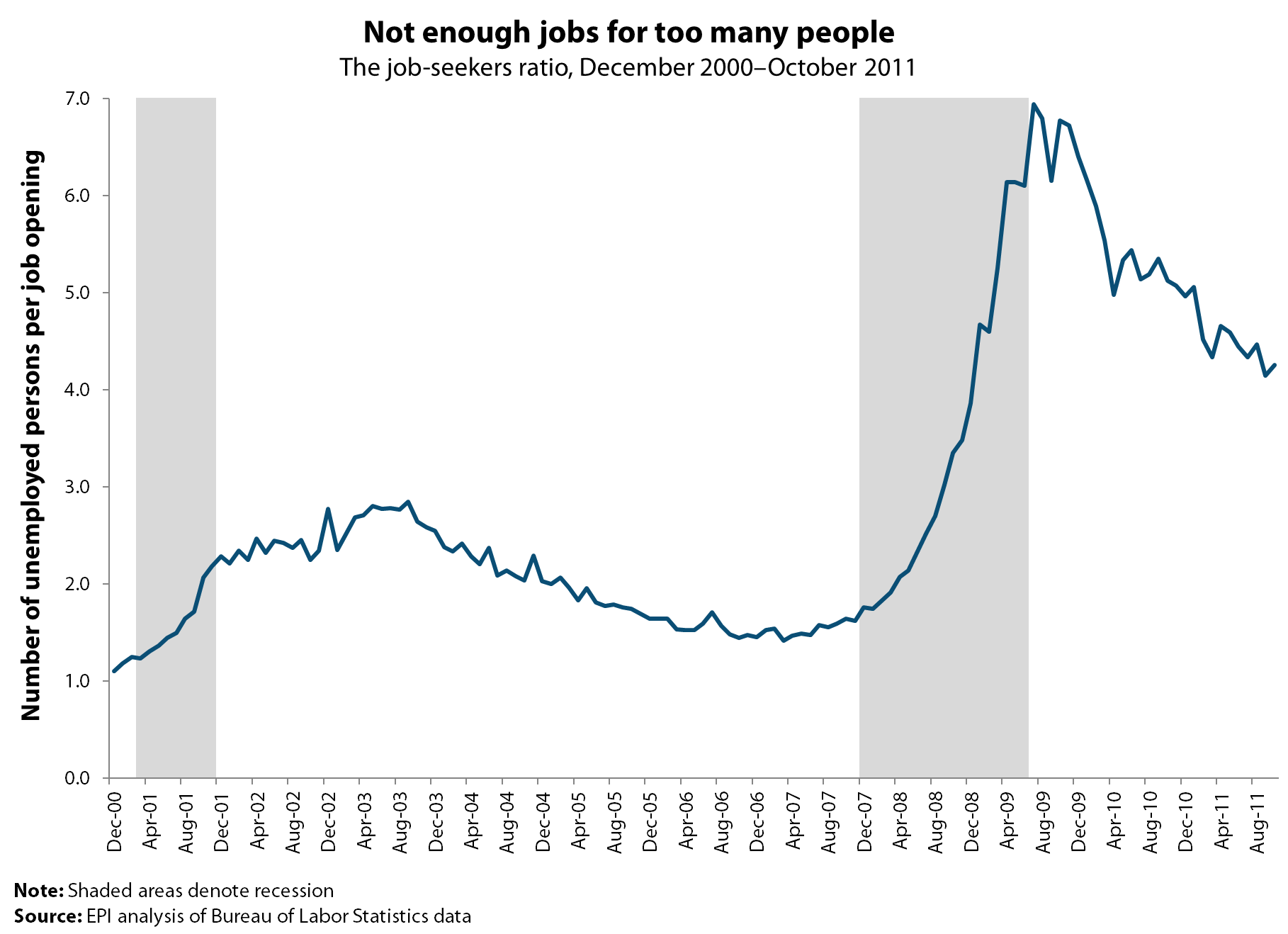You’re well aware of this concept: that the accused is innocent until proven guilty, that the accused has no obligation to produce evidence, that the accused has no obligation to make an argument or say anything, for that matter, and that the government has the obligation to prove guilt—beyond a reasonable doubt—and to get 12 people to agree to it, too. You “know it” like you read about it in school. But you sure are quick to forget about it in cases like this.Well, we probably forget about it because the presumption of innocence is only applicable in a court of law—we in the public are under no requirement to make a similar presumption. That doesn't excuse us from wisely weighing the evidence in public, though.
And the evidence is that three women and one man have told stories about being molested by Conlin in the early 1970s. What's more, there's evidence that they aired those accusations to parents and relatives at the time—thus, these aren't just stories that are being created now.
For the public to continue to offer Conlin the presumption of innocence, then, one must believe that three women, one man and their parents have all conspired to devastatingly besmirch his reputation. That's not unimaginable, but it seems unlikely. Who gains what in this scenario?
I don't favor media-driven witch-hunts. But as Fiorillo notes, Conlin will never face a criminal trial on these allegations because the statute of limitations has passed. (If Conlin is innocent, though, he might consider legal action of his own, in the form of a civil case against his accusers.) Fiorillo's suggestion seems to be that we in the public thus suspend our judgment of the case in perpetuity. That's unlikely, to say the least. All we can do is weigh the evidence before us and use our common sense.
Fiorillo is wise to warn us against a rush to judgment. Given what we've been told, though, it's difficult to see the scales tipping in Conlin's favor.

